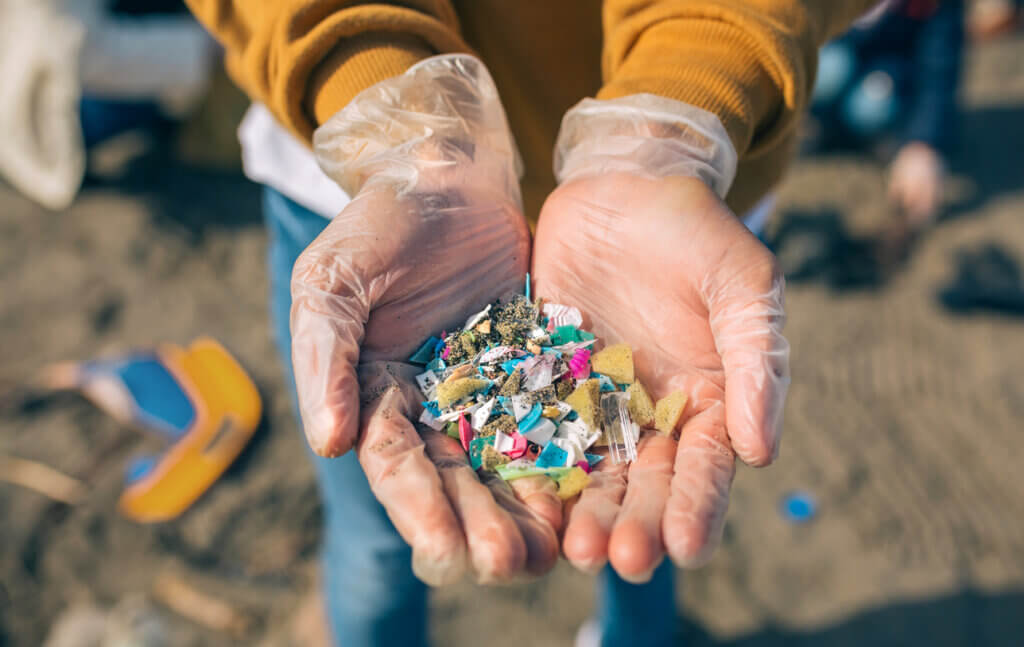Did you know that plastic is one of the most versatile materials on Earth? It can be moulded into almost any shape and can be used to create products for personal and commercial use. However, there are a lot of misconceptions about plastic’s sustainability. This blog post will dispel some of the myths about plastics and discuss six things everyone needs to know about this versatile material!
1. What is plastic, and is it bad?
Plastic is a material that is made from synthetic or semi-synthetic polymers. It is lightweight, durable, and easy to mould into different shapes. However, because it is non-biodegradable, plastic can persist in the environment for centuries after it is discarded. This has led to concerns about the impact of plastic waste on the planet.
Despite the concerns about plastic waste, it is essential to remember that plastic is not necessarily all bad. Plastic has many benefits that make it a valuable material for both personal and commercial use. For example, plastic is:
- Lightweight
- Durable
- Easy to mould into different shapes
- Waterproof
- Airtight
- Chemical-resistant
These properties make plastic ideal for various applications, including food packaging, medical devices, and construction materials. However, plastic can accumulate in landfills and oceans over time because it does not degrade in the environment. This can lead to environmental problems such as pollution and contribute to a negative effect climate change.
Ecommerce Insights: Consumer 2024
When everyone’s doing eCommerce, it’s the way you do it that matters. Read about eCommerce strategies that work.

2. Not all plastic is recyclable or recycled
While plastic is a versatile and valuable material, it is essential to remember that not all plastic can be recycled. For example, only certain types of plastic can be recycled through the Soft Plastic Recycling Scheme.
Research has found that New Zealanders use a whopping 31kg of plastic packaging each year, with only 5.58kg being recycled.
It is also important to note that even if a type of plastic can be recycled, it may not be recyclable in your area. Recycling facilities have different capabilities and limitations. For example, some facilities may only be able to recycle certain types of plastics, the majority being able to recycle plastics codes 1 and 2, but other codes (3, 6 and 7) are more difficult to recycle and are exported overseas.
Contact your local recycling facility or waste management company to find out what types of plastics can be recycled in your area.
3. Types of plastics
To understand recycling plastics, it’s important to know what they are and what they’re used for. Plastics that can and should be recycled are thermoplastic plastics, which can be recycled over and over again. Thermoplastics are identified by their recycling codes.

The types of thermoplastic plastics in order of their recycling code are:
- Polyethylene terephthalate (PET): This type of plastic is used to make water bottles, food containers, and clothing as it is strong and shatter-resistant.
- High-Density Polyethylene (HDPE): This type of plastic is used to make milk jugs, laundry detergent bottles, and some food packaging.
- Plastic Composition – Poly Vinyl Chloride (PVC): This type of plastic is used to make pipes, vinyl siding, and wire coatings.
- Low-Density Polyethylene (LDPE): This type of plastic is used to make shopping bags, garbage bags, and some types of food packaging.
- Polypropylene (PP): This type of plastic is used to make food containers, car parts, and toys.
- Polystyrene (PS) and Expanded Polystyrene (EPS): These types of plastic are used to make insulation and cups because of their light clarity and cushioning.
- Other (Composite): This is a catchall term for any flexible or inflexible plastic composed of two or more distinct types of resins. Many biodegradable, photo-sensitive, and plant-based plastics are included in this category.
If the plastic does not have a recycle code, it would usually mean it is a thermoset plastic. Thermoset plastics are used for products that need to be heat resistant such as irons, frying pans, and car engine parts. These plastics cannot be recycled.
4. Compostable plastic is not better for the environment
Just because plastic is labelled “compostable” does not mean it is better for the environment than other types of plastic. Compostable plastic often ends up in landfills because it requires specific conditions (such as high temperatures and specialised facilities) to break down.
Like other types of plastic, compostable plastic will not degrade and will become trapped in the environment if put into a landfill. In fact, as these materials degrade, they break down into smaller particles, releasing microplastics that can enter our systems. In short, compostable plastics are also non-recyclable and can contaminate recycling schemes.

The process of making compostable plastic can lead to negative environmental impacts. For example, the production of compostable plastic often requires more energy than the production of other types of plastic.
5. What does this mean for you?
When plastic is not properly disposed of, it can harm the environment. However, this does not mean that you should avoid using plastic altogether. Instead, it is essential to be mindful of how plastic is made and where it will end up after you discard it.
Here are some tips for reducing your impact:
- Check the recycling symbols on plastic products to see if they can be recycled
- Avoid using thermoset plastics
- Purchase items made with recycled plastic
- Support businesses that are working to reduce their plastic footprint
By taking these factors into account, you can make more sustainable choices regarding plastic.
6. What are NZ businesses doing about plastic?
There are many organisations dedicated to reducing plastic consumption in New Zealand. The Soft Plastic Recycling Scheme, for example, helps reduce the amount of plastic waste in landfills. The scheme allows consumers to recycle their soft plastic waste through participating companies and supermarkets, including packaging from bread, vegetables, fruit and so on. Companies part of this scheme include New Zealand Couriers, TC Transcontinental Packaging, SaveBOARD, Future Post and many more.
The recycled plastic is then used to create new products, such as benches, playground equipment, and even fence posts. As well as being recycled by the Soft Plastics Recycling Scheme, used satchels from New Zealand Couriers also go to SaveBOARD, a new Freightways business that upcycles plastic waste into new, low-carbon building board. SaveBOARD products are environmentally stable and can be recycled and used over and over again.

Reducing virgin fossil-bound materials and replacing them with recycled materials, helps to close the loop on plastic waste, and is one way that businesses are making a positive impact. These virgin fossil-bound materials would have been destined for landfill or incineration, so by reusing them, businesses are making a valuable contribution to the environment. Currently, New Zealand Couriers satchels are made up of 80% recycled materials.
A better New Zealand. A better planet.
Browse what we’re doing as part of our commitment to sustainability, minimising our environmental footprint and helping our communities.

If you are a business owner, there are many ways you can reduce your plastic footprint. You can start by examining your packaging and finding ways to use recycled materials. You can also support initiatives like the soft plastic recycling scheme. By taking these steps, you can help make a difference in the fight against plastic pollution.
The bottom line
Plastic has many benefits, but it also has its drawbacks. When deciding whether or not to use plastic, it is essential to be aware of both the good and the bad so you’re positioned to make an informed decision. When used responsibly, plastic can be a helpful and versatile material. However, when misused or disposed of improperly, it can cause significant harm to the environment. By skilling up and taking action, you can help reduce your impact on the planet.
 8 min read
8 min read






